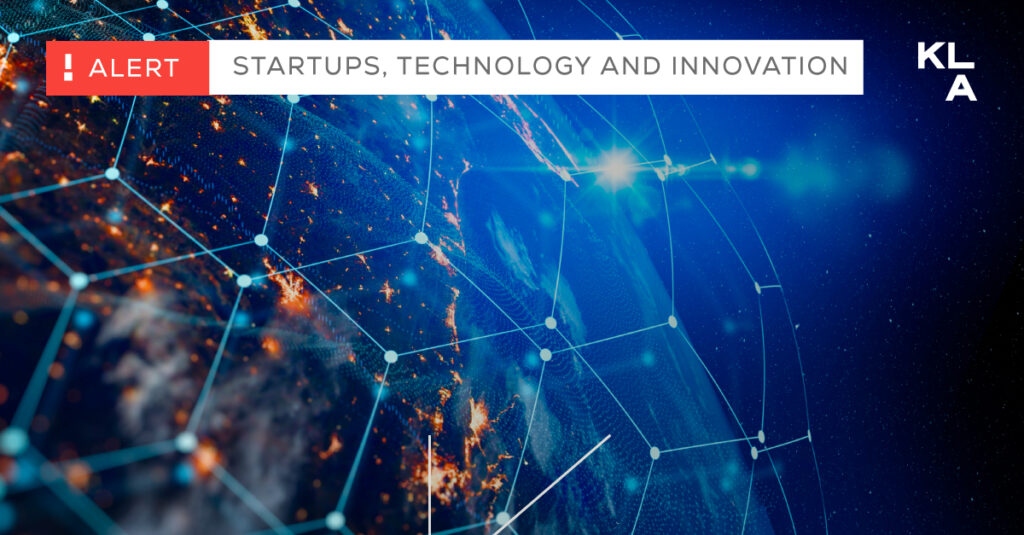On Wednesday, March 13, the European Parliament approved with 523 votes the AI Act, the European Union’s legislative proposal to regulate Artificial Intelligence (AI).
The approval represents a significant milestone, being one of the first and most influential global initiatives to regulate the subject matter.
Overall, the law provides guidelines for the use of AI within the countries of the European Union, aiming to balance innovation and progress of this relevant tool.
The final text of the AI Act is structured through a risk-based approach and classifies different AI systems into four risk categories: minimal, limited, high, and prohibited. This classification will guide the application of specific rules for AI technologies.
Systems posing a high risk to the security and fundamental rights of individuals, such as those used for decision-making in assistance or social security contexts – for example, in benefit allocation – will undergo rigorous assessments and must comply with additional obligations.
The AI technologies considered “prohibited” include biometric identification systems and systems that exploit any vulnerabilities of individuals due to their age, disability, or socioeconomic condition, for example.
Within the scope of sanctions, fines are envisaged for violations of the provisions of the AI Act, which will be calculated based on the global annual turnover of the breaching entity or will have a predetermined value, whichever is greater. For example, fines for violations of established obligations are €15 million or 3% of the global annual turnover. For offenses stemming from prohibited AI applications, in turn, the amount is €35 million or 7% of the global annual turnover.
The Act is expected to come into effect 20 days after its publication in the Official Gazette and will be fully applicable 24 months after its entry into force, with the exception of: bans on prohibited practices (6 months after entry into force); codes of practice (9 months after entry into force); general AI rules, including governance (12 months after entry into force); and obligations for high-risk systems (36 months after entry into force).
For detailed information on the AI Act, on AI itself or any other emerging technology, please contact KLA’s Startups, Technology, and Innovation team.

